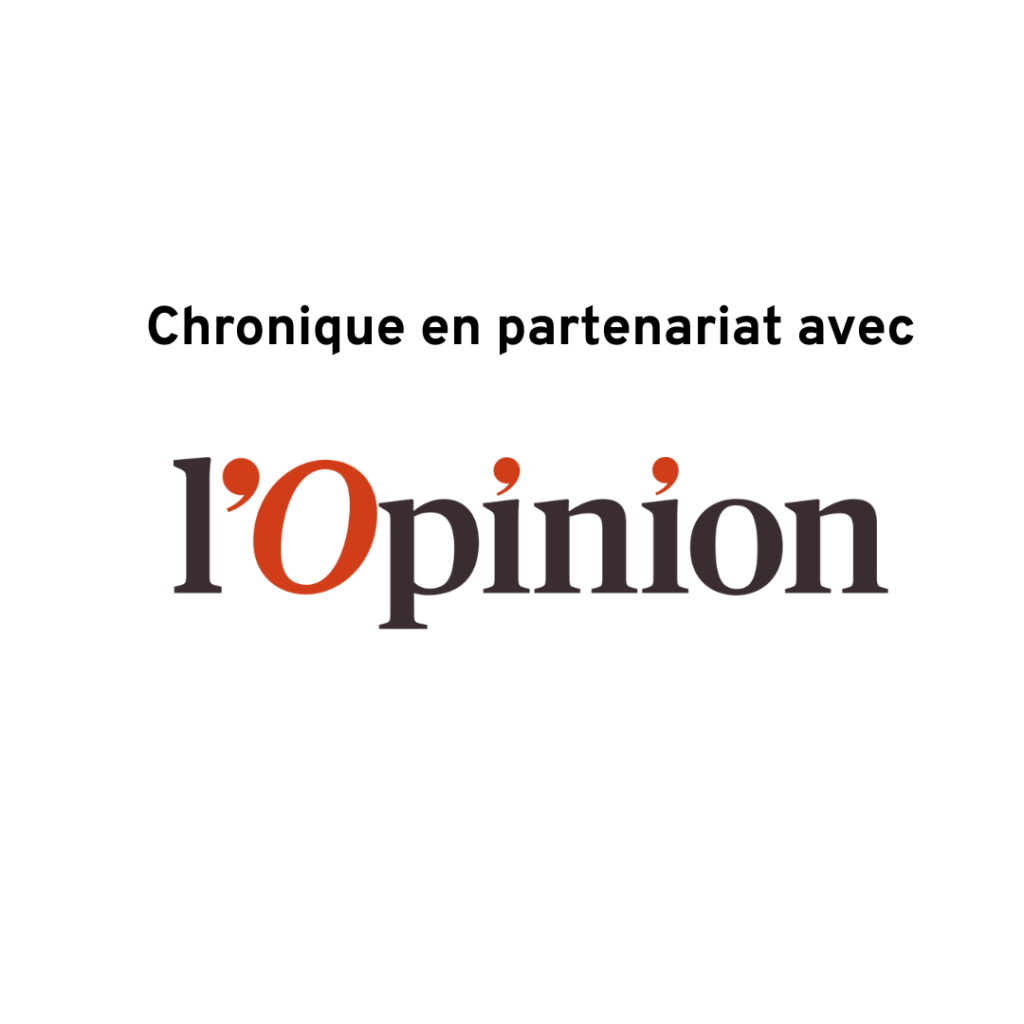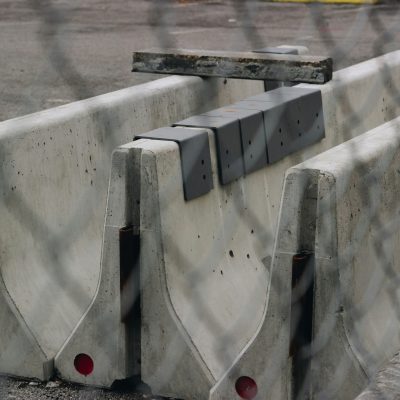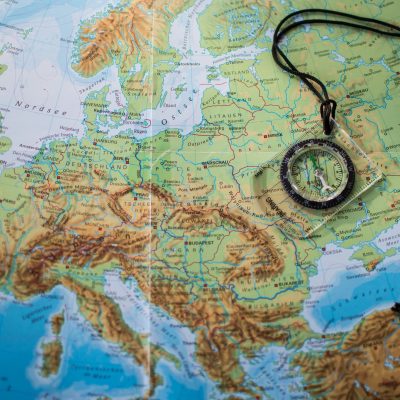In Georgia as in Moldova, European leaders must support democracy

In recent days, decisive elections have been held in two countries seeking membership of the European Union: Georgia and Moldova. Although small in size, these countries represent a major challenge for Europe. Not only in geopolitical terms, in the face of a conquering and revisionist Russia, but also for its own coherence and resilience, because the seeds of Putinism are also growing within the EU, seeking to stifle fragile democratic plants.
Indeed, in both countries, democrats committed to the European path faced off against illiberal forces, endorsing the Kremlin’s narratives about Europe’s decadence, its warmongering nature and its hostility to ‘traditional values’. For citizens, the choice should have been simple: continued European integration or acceptance of Russian domination, implying limited sovereignty and the adoption of an authoritarian political model. However, this seemingly simple choice was constantly muddied by pro-Russian forces, who diluted their Putinist agenda with calls for “peace” and “dignified” relations with Europe.
In both elections, Russian interference was unprecedented: while in Moldova it was necessary to mobilise resources to overthrow the President and prevent a ‘yes’ vote in the referendum on European integration, in Georgia the opposite was true: it was necessary to support, equip and train the pro-Russian oligarchic regime that rules the country. In Moldova, Russian interference failed, but only just. Their efforts were complicated by the lack of control over the state apparatus, at least at the central level. Vote buying and frenzied propaganda were not enough.
The objective: to destroy Europe as we know it
In Georgia, the use of the state apparatus, which was completely in the hands of the ruling Georgian Dream party, was decisive. Thanks to massive violations of electoral law; the lack of voting secrecy; the usurpation of the identities of thousands of Georgians living abroad who were unable to go to the polls; intimidation through the regime’s mobilisation of criminals and total control of the electoral administration, the opposition’s victory, which was clear in the exit polls, was stolen. Congratulated by Russia, China, Venezuela and Viktor Orbán, the regime declared itself the winner.
Georgia, Moldova and Ukraine are front-line states. Ukraine is embroiled in a horrific war because Moscow has failed to subdue it through hybrid actions, which are now being used in Moldova and Georgia. Despite the difference in method, the objective is the same: it is not only to destroy the European future of these countries, but also to weaken and destroy Europe as we know it.
Moscow considers that it is fighting the West, its civilisation and its political, social and cultural model, both in the frontline countries and at the very heart of the EU. It is no coincidence that Orbán, boasting of being at the head of the rotating presidency of the Union, travelled to Tbilisi the day after the stolen election to validate it, explicitly contradicting all the EU’s statements. Unlike other right-wing populist leaders in Europe, the Hungarian Prime Minister is not hostile to enlargement. On the contrary, in his goal of transforming Europe into a union shaped to Putin’s liking, he is seeking allies and has declared himself in favour of the accession of Vučić’s Serbia and ‘Georgian Dream’ Georgia.
In two days’ time, Orbán will host the European Political Community summit, and the fraudulently elected Georgian Prime Minister will sit between Emmanuel Macron and Olaf Scholz… Orbán will attempt to confer legitimacy on the pro-Russian regime, whose election is not recognised by any democracy. European leaders must rise to the challenge of supporting democracy in the East, in the name of defending Europe as a whole.




